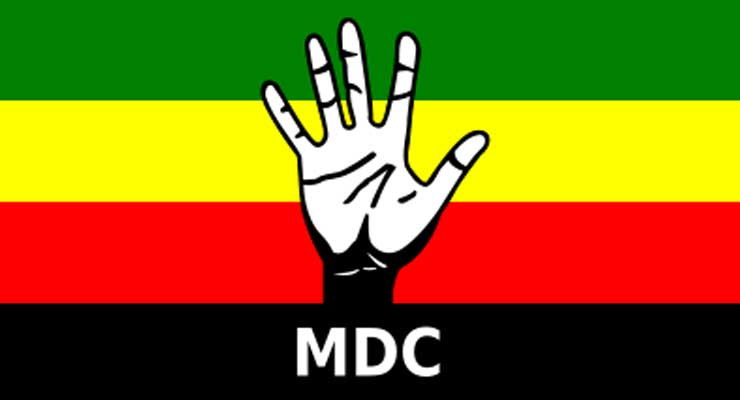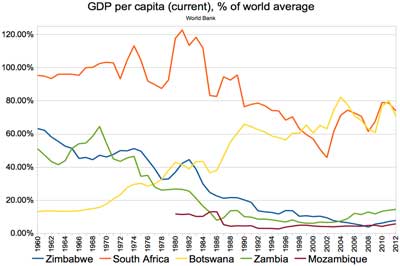
As Zimbabwe gears for 2018 elections, there are a lot of sticking points that require urgent attention. For instance, are institutions mandated with the smooth flow of the electoral processes resourced and capacitated to carry their mandate efficiently? How far has the Zimbabwe Electoral Commission (Zec) gone in implementing recommendations from the last elections? How is the biometric voter registration system going to work? The constitution, in section 67, states that all Zimbabweans must vote. Are there any plans underway for the Diaspora Zimbabweans to vote? What about those in hospitals and prisons? All these are questions that beg for answers.

Results of general elections in Zimbabwe have a history of disputes dating back from the 2000 parliamentary elections, 2002 presidential elections, 2005 parliamentary elections to the aftermath of 2008 harmonized elections that resulted in over 200 mostly opposition Movement for Democratic Change (MDC-T) members losing their lives. The recent 2013 elections ended a unity government formed in 2009 between President Mugabe’s Zanu PF and 2 formations of the MDC led by Mr. Morgan Tsvangirai (MDC-T) and another then led by Professor Arthur Mutambara (now led by Professor Welshman Ncube)- MDC-N.
Election experts are on record questioning whether Zimbabwe’s voters roll is accurate or manipulated roll. For years, the opposition and some election observers have said the voters roll was vastly inaccurate with millions of ghost voters. In the 2013 election, the then Register-General of Voters only availed a hard copy of the roll to the main opposition MDC-T party hours before the actual vote. This was despite the fact that the MDC-T had requested an electronic version of the roll which to this day has not been made public.
Now Zimbabwe Electoral Commission (Zec) which has taken over voter registration from the Registrar-General of Voters says it will start a new polling station based voter registration exercise using biometrics. However, skeptics are not convinced this will make any difference since the number of questions outlined above still require answers.
Zimbabwe has a bicameral system divided into 210 parliamentary constituencies that make up the Lower House of Assembly directly voted for by the electorate and a further 60 Senatorial posts for the upper house up for grabs next year.
There is an additional 60 seats reserved for women which like the Senatorial posts chosen by proportional representation where seats are awarded based on number of votes each party amasses. This means that a party that gets most votes will ultimately get more Senatorial and women quota seats.
Recent events have shown that Zimbabwe is already in election mode. Late last year the opposition under the banner National Electoral Reform Agenda (NERA) held a series of protests which forced Zec to organize monthly meetings with all political parties to discuss their grievances and map the way forward with regards to electoral reforms ahead of 2018.
President Mugabe who celebrated 93 years last month has been in power since independence from Britain 36 years ago and next year’s elections are the last before the two 5 year term restriction and running mate system come into effect in 2023.
For now (before 2023) in the event that the President dies or becomes incapacitated, the provision is simply that whoever was last Acting President (there a 2 Vice-Presidents in Zimbabwe) in the President’s absence, become Acting President once again but only for a 90-day period. And in that 90-day period the ruling party needs to select a nominee to replace the President who will then serve out the remaining term of office.
Leave a Reply